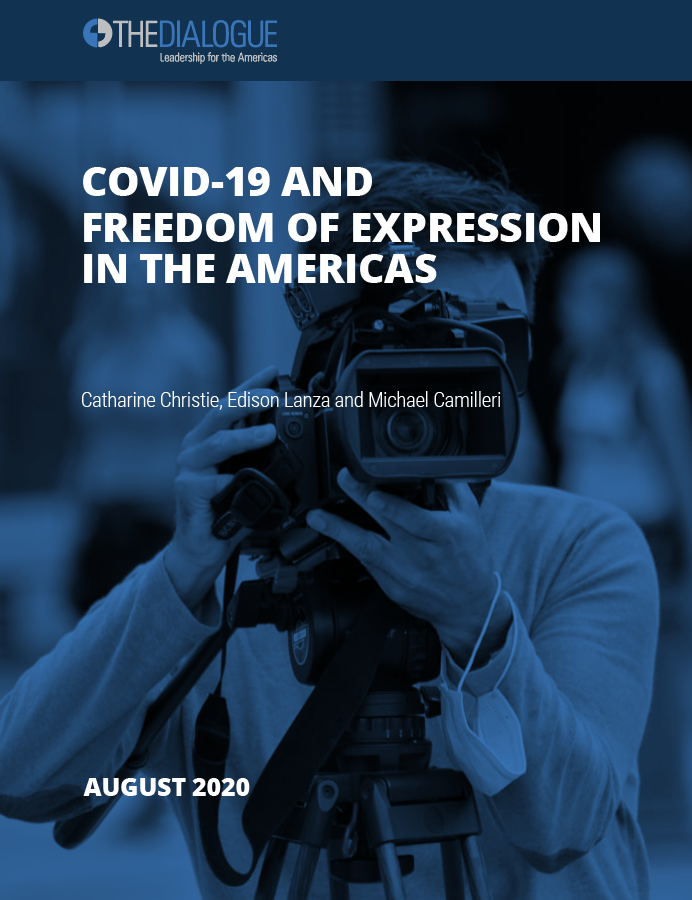
Violence & Impunity: Protecting Journalists in Colombia & Mexico
Violence against journalists is fortunately uncommon in many Latin American countries. But in some parts of the region it is of great concern.
This post is also available in: Español Français
Freedom of expression is the cornerstone upon which the very existence of democratic society exists, according to the Inter-American Court of Human Rights. It is indispensable for the formation of public opinion, for scientific knowledge, and for society to be sufficiently informed and, in consequence, truly free. This is the case in ordinary times and, perhaps even more so, in extraordinary times, such as the current global health emergency caused by the Covid-19 pandemic.
However, under the cover of Covid-19 response, some governments in the Americas have taken steps to criminalize free speech, restrict access to public information, or spread pandemic-related disinformation. These actions contrast with those of other governments that took decisive steps to confront the pandemic without recurring to censorship, as well as governments that corrected early missteps to ensure their public health response was compatible with freedom of expression.
This report from the Peter D. Bell Rule of Law Program and Edison Lanza, an expert on freedom of expression and the current special rapporteur for freedom of expression at the Organization of American States, provides a succinct assessment of freedom of expression developments in the Americas in the early months of the Covid-19 pandemic.
Violence against journalists is fortunately uncommon in many Latin American countries. But in some parts of the region it is of great concern.
As organized crime and gang violence continues to spread throughout the isthmus, violent threats against journalists have been on the rise.
Is press freedom seriously jeopardized in these countries or elsewhere in the region? What implications does it have for the state of democracy? Should regional bodies or other organizations be taking action? If so, how?
